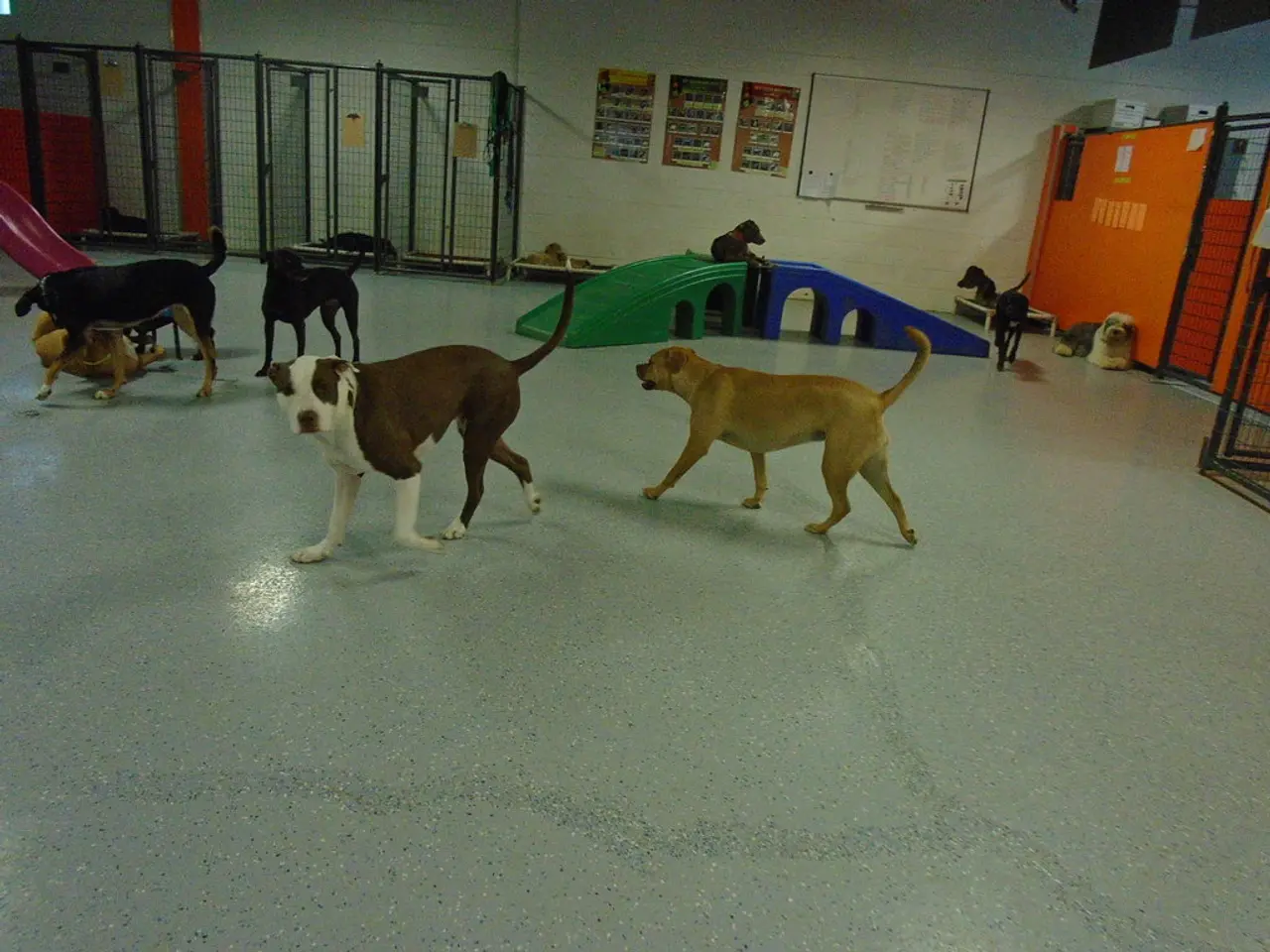PetHealth Checkups: Comprehensive Insight
Maintaining the health and well-being of our beloved pets is a responsibility that every pet owner shares. One crucial aspect of this responsibility is regular pet wellness exams. These exams play a vital role in detecting potential health problems early, ensuring our pets live long, healthy lives.
Vaccinations and Senior Pets
Dogs and cats that spend time in doggy daycare or boarding kennels may require different vaccines than those that never leave their yard or interact with other animals. As our pets age, their vaccination schedules may need to continue regularly in their senior years to protect them from age-related diseases.
Senior dogs require biannual visits to catch early signs of diseases such as dental or musculoskeletal disorders. Senior cats, on the other hand, have a somewhat graduated schedule based on age and health status. Generally, annual exams with bloodwork are sufficient for healthy seniors (7-10 years), while geriatric cats (11+ years) may require bi-annual exams with bloodwork plus quarterly physical checks.
Frequency of Exams
The frequency of pet wellness exams varies by age group, health status, lifestyle, and breed predispositions. Younger pets might need more frequent checks, while adults typically have annual exams. Seniors, however, require semi-annual or more frequent visits.
Pets with pre-existing or chronic conditions need closer monitoring, and cats with health issues may need exams every 3-6 months. Indoor vs. outdoor lifestyle, activity levels, and exposure to risks also influence exam timing. Some breeds are more prone to specific health issues, requiring tailored follow-up.
Preparing for Your Pet's Wellness Exam
Before your pet's wellness checkup, it's a good idea to prepare by putting together a list of questions for your veterinarian. You should bring any prior records of medical treatment and test results to the appointment.
During the exam, your veterinarian will perform a complete physical exam, looking for subtle indicators of underlying disease. They will also gather information about your pet's normal environment, diet, routine, and behavior.
Diagnostic Tests and Costs
Diagnostic tests can range from $40 to $250, depending on the specific test your veterinarian recommends. Routine veterinary exams can cost between $50 and $150, not including vaccines or diagnostic testing.
Pet insurance coverage for wellness exams can vary between companies, often at an additional cost. Setting reminders on your smartphone can help you keep track of your pet's condition and medication doses, and ensure you don't forget about your pet's next appointment!
Common Issues Found on Wellness Exams
Common issues seen on wellness exams include skin conditions, dental disease, orthopedic issues, and heart conditions. Dwight Alleyne, a JustAnswer Vet Expert, has mentioned these as common findings.
Bringing in Stool and Urine Samples
It's also important to bring in stool and urine samples from your pet for testing before the wellness checkup. These samples can provide valuable insights into your pet's health, helping your veterinarian to make informed decisions about their care.
The Role of Pet Wellness Exams
In summary, regular pet wellness exams are essential for maintaining our pets' health and longevity. The intervals between these exams increase as pets age to allow early detection and management of age-related diseases, with adjustments based on individual health, environment, and breed-specific risk factors.
All dogs and cats should have a pet health checkup at least once a year. By staying vigilant and proactive about our pets' health, we can ensure they live happy, healthy lives.
Pet insurance plays a significant role in covering the costs of veterinary care for our pets, particularly for senior pets who require more frequent visits to manage age-related diseases. (pet health, pet insurance)
Dental disease, skin conditions, orthopedic issues, and heart conditions are common issues detected during pet wellness exams, emphasizing the importance of these regular check-ups for maintaining pet health and wellness. (pet wellness, science, health-and-wellness)




